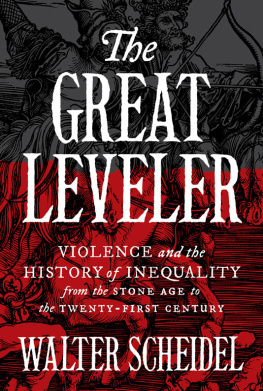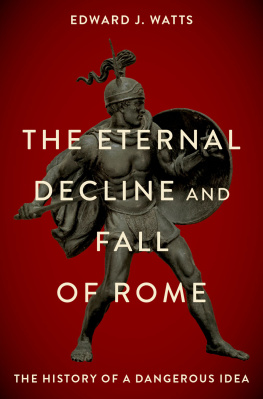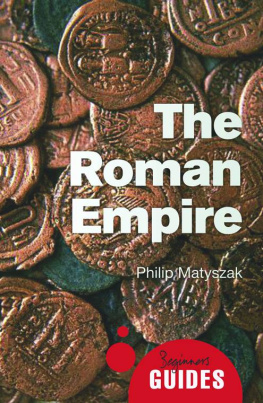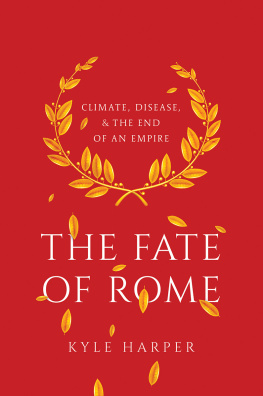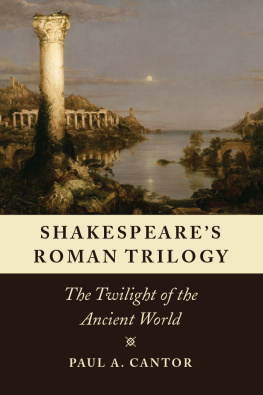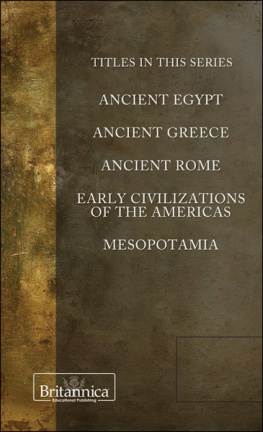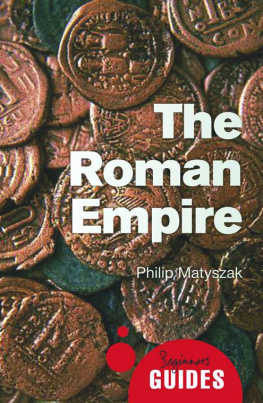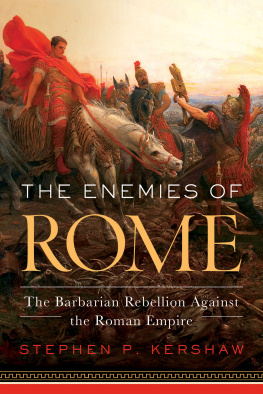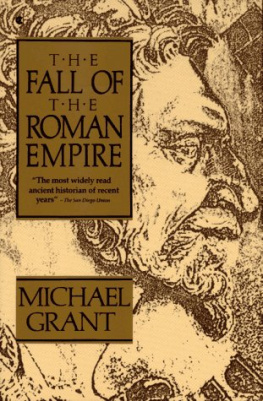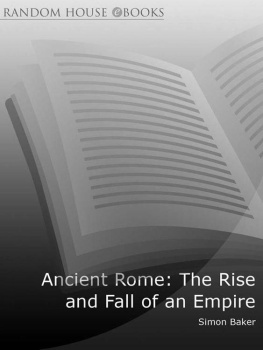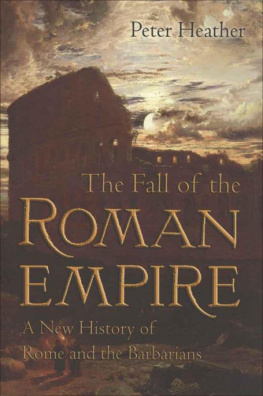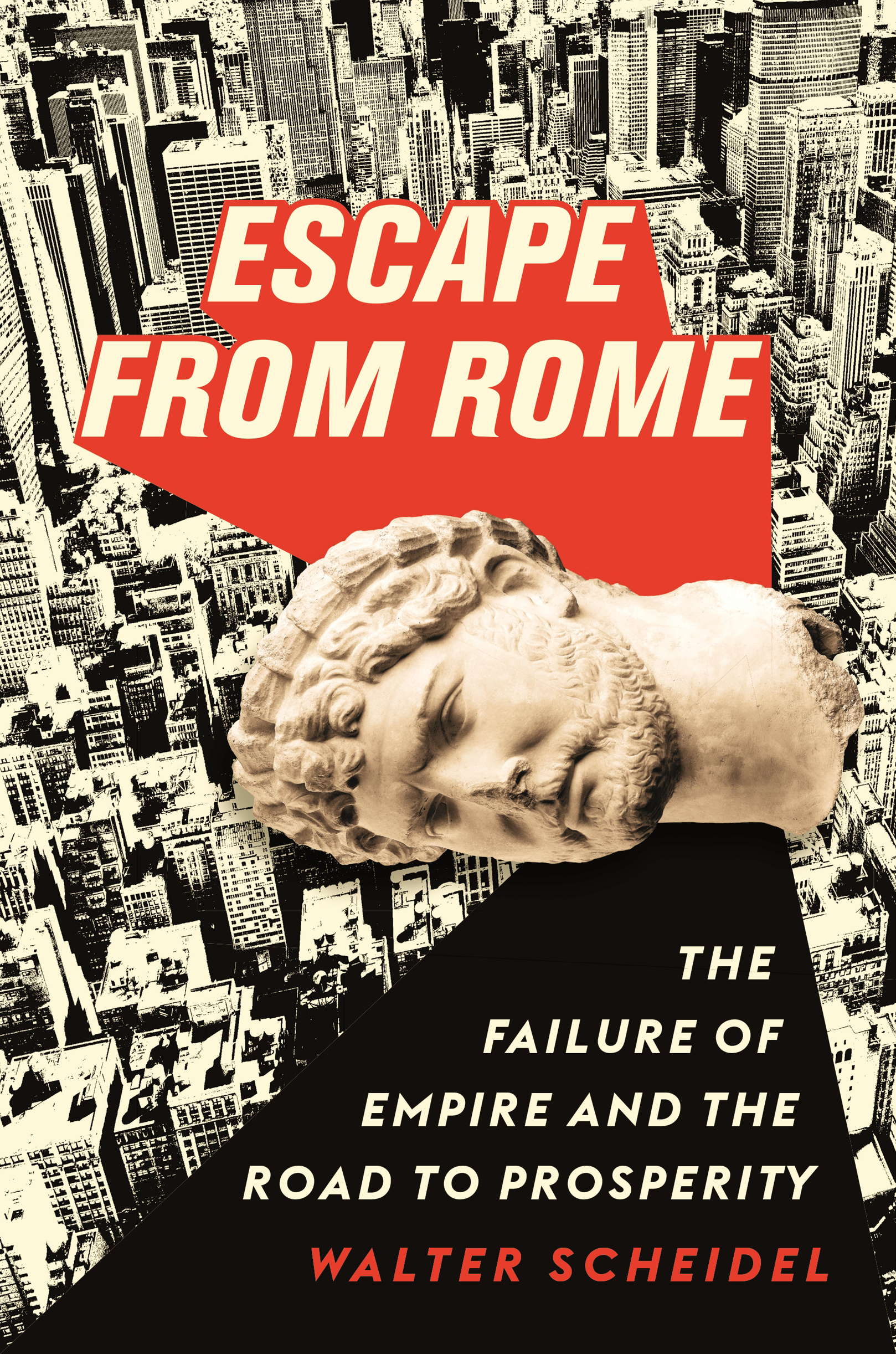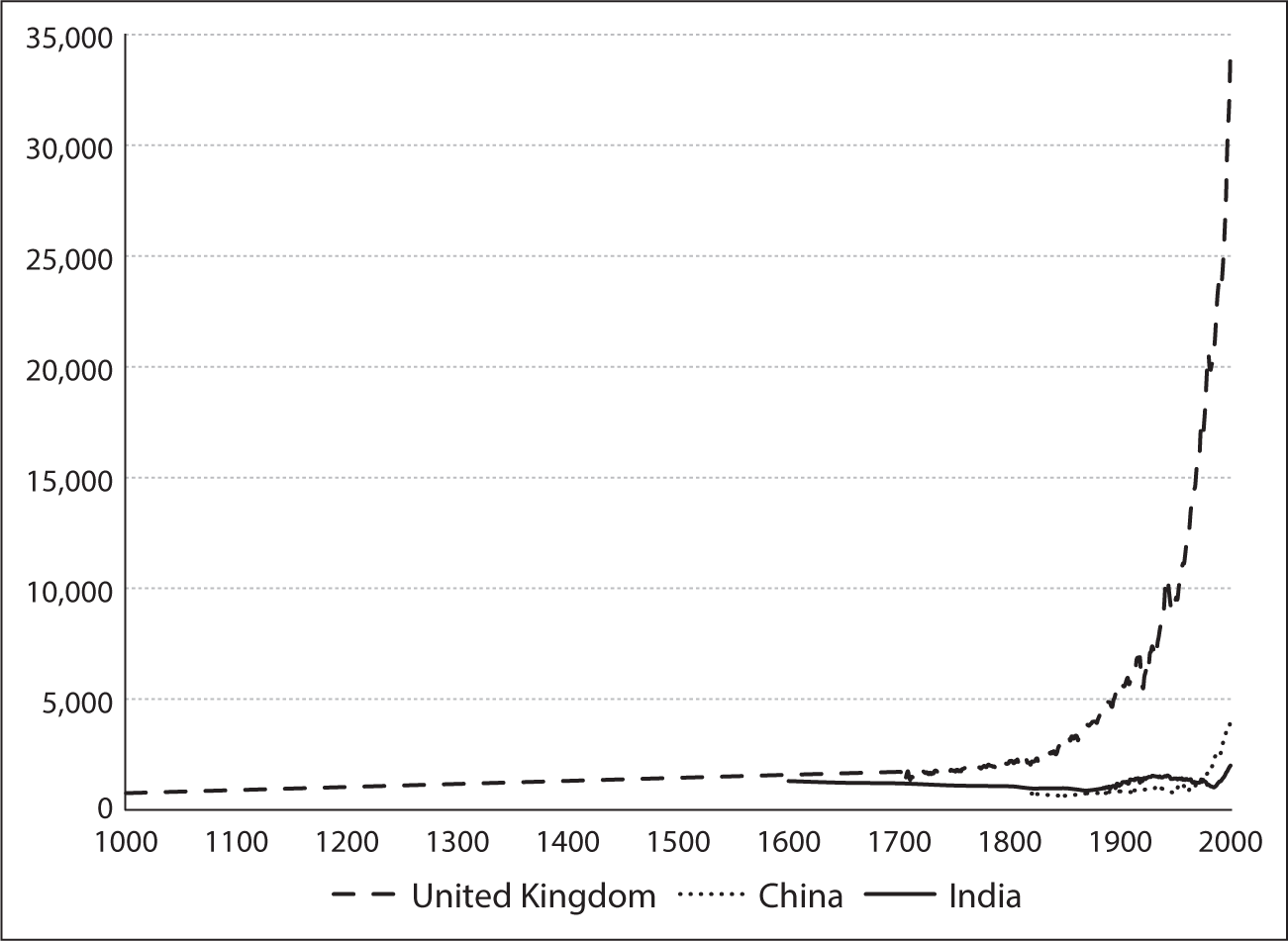Walter Scheidel - Escape from Rome: The Failure of Empire and the Road to Prosperity
Here you can read online Walter Scheidel - Escape from Rome: The Failure of Empire and the Road to Prosperity full text of the book (entire story) in english for free. Download pdf and epub, get meaning, cover and reviews about this ebook. year: 2019, publisher: Princeton University Press, genre: Religion. Description of the work, (preface) as well as reviews are available. Best literature library LitArk.com created for fans of good reading and offers a wide selection of genres:
Romance novel
Science fiction
Adventure
Detective
Science
History
Home and family
Prose
Art
Politics
Computer
Non-fiction
Religion
Business
Children
Humor
Choose a favorite category and find really read worthwhile books. Enjoy immersion in the world of imagination, feel the emotions of the characters or learn something new for yourself, make an fascinating discovery.

- Book:Escape from Rome: The Failure of Empire and the Road to Prosperity
- Author:
- Publisher:Princeton University Press
- Genre:
- Year:2019
- Rating:5 / 5
- Favourites:Add to favourites
- Your mark:
Escape from Rome: The Failure of Empire and the Road to Prosperity: summary, description and annotation
We offer to read an annotation, description, summary or preface (depends on what the author of the book "Escape from Rome: The Failure of Empire and the Road to Prosperity" wrote himself). If you haven't found the necessary information about the book — write in the comments, we will try to find it.
The gripping story of how the end of the Roman Empire was the beginning of the modern world
The fall of the Roman Empire has long been considered one of the greatest disasters in history. But in this groundbreaking book, Walter Scheidel argues that Romes dramatic collapse was actually the best thing that ever happened, clearing the path for Europes economic rise and the creation of the modern age. Ranging across the entire premodern world, Escape from Rome offers new answers to some of the biggest questions in history: Why did the Roman Empire appear? Why did nothing like it ever return to Europe? And, above all, why did Europeans come to dominate the world?
In an absorbing narrative that begins with ancient Rome but stretches far beyond it, from Byzantium to China and from Genghis Khan to Napoleon, Scheidel shows how the demise of Rome and the enduring failure of empire-building on European soil ensured competitive fragmentation between and within states. This rich diversity encouraged political, economic, scientific, and technological breakthroughs that allowed Europe to surge ahead while other parts of the world lagged behind, burdened as they were by traditional empires and predatory regimes that lived by conquest. It wasnt until Europe escaped from Rome that it launched an economic transformation that changed the continent and ultimately the world.
What has the Roman Empire ever done for us? Fall and go away.
Walter Scheidel: author's other books
Who wrote Escape from Rome: The Failure of Empire and the Road to Prosperity? Find out the surname, the name of the author of the book and a list of all author's works by series.

